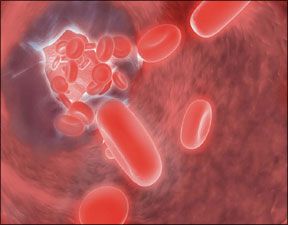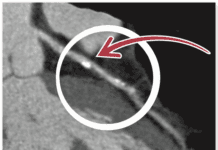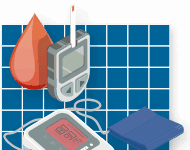Not long ago, the best a patient with atherosclerosis could hope for was to slow down the disease by quitting smoking, losing weight, and hoping antiplatelet drugs and the first generation of statins would at least minimize the inevitable progression of cholesterol plaque in his or her arteries. But in recent years, doctors have found that lifestyle modification and aggressive treatment with medications-especially those designed to lower your cholesterol-actually can reverse atherosclerosis and remove plaque from the arterial walls. These medical advances are especially welcome for a disease that can go unnoticed until its advanced stages, and that is a leading cause of stroke and heart attack, affecting an estimated six million Americans. The Cleveland Clinic-led ASTEROID trial (A Study to Evaluate the Effect of Rosuvastatin on Intravascular Ultrasound-Derived Coronary Atheroma Burden) showed that using the statin rosuvastatin (Crestor) to help reduce levels of low-density lipoprotein (LDL or "bad" cholesterol) to below 70 mg/dl and significantly raise high-density lipoprotein (HDL or "good" cholesterol) levels from an average of 42.8 to 48.3 mg/dl in study participants, actually can produce a regression of the disease. ASTEROID results were first reported in 2006 and then updated in the May 13, 2008 issue of Circulation.
To continue reading this article or issue you must be a paid subscriber.
Sign in






